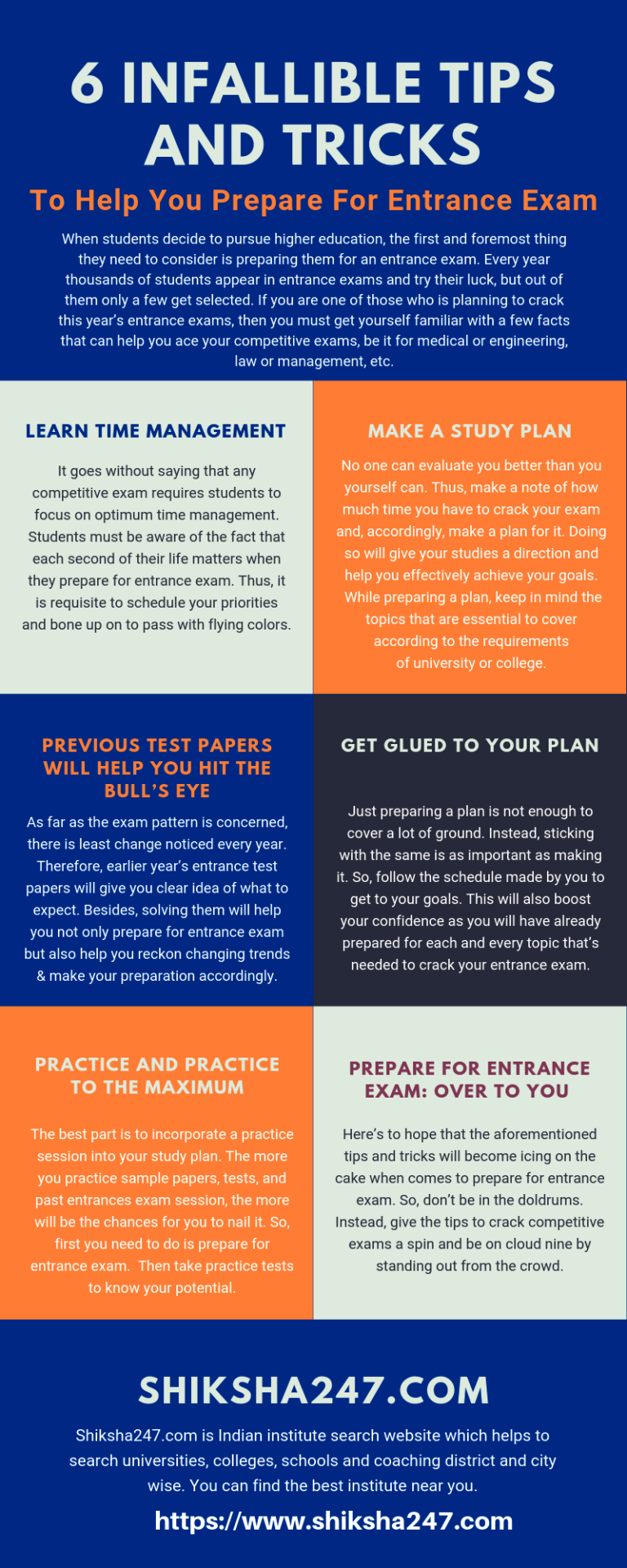How to Choose the Right Education Path: Unlock Your Future Potential
Choosing the right education path is one of the most important decisions you’ll make in your life. The path you select can shape your career, personal development, and overall happiness. With countless options available, from traditional degrees to vocational training, online courses, and self-paced learning, it can be overwhelming to know where to start. This article will help guide you through the process of choosing the right education path by exploring key factors such as your interests, goals, and resources. Whether you are a high school graduate or an adult considering a career change, understanding how to make this decision will set you on the right track to success.
Understand Your Interests and Strengths
Before you can make an informed decision about your education path, it’s essential to reflect on your interests and strengths. Do you enjoy working with numbers and solving problems, or do you thrive in creative and artistic endeavors? Identifying your passions and areas of strength is the first step in choosing a path that will keep you motivated and engaged.
Consider what subjects or activities excite you most, whether it’s technology, healthcare, business, or the arts. Take the time to assess your natural skills as well. Are you a strong communicator, a detail-oriented organizer, or a problem solver? Understanding these aspects will help you identify which careers or fields align with your abilities and interests, ensuring a more fulfilling educational journey.
Define Your Career Goals and Ambitions
Your education path should be closely aligned with your long-term career goals. It’s important to ask yourself: What do you want to achieve in your career, and how can education help you get there? Your goals will determine the type of education and training you need.
If you aspire to work in a specialized field such as medicine, law, or engineering, you may need a formal degree that takes several years to complete. On the other hand, if your career goals lean toward entrepreneurship, creative professions, or digital marketing, alternative education paths, such as short-term certification programs or hands-on internships, might be more appropriate. Take the time to research your desired career field to understand the qualifications required and choose a path that provides the skills you need to succeed.
Consider the Financial and Time Investment
Choosing an education path also involves practical considerations such as time and financial investment. Traditional four-year college degrees can be expensive and take several years to complete, while shorter certifications or trade programs may offer quicker, more affordable options.
Before making a decision, assess your financial situation and the return on investment of each option. Some education paths, like vocational training or coding boot camps, may offer a high return in a shorter time frame, while a university degree may offer long-term value and career growth potential in certain fields.
You should also think about the time commitment. Full-time study may require you to give up work or other commitments, while part-time or online learning options can offer more flexibility. Weighing your personal circumstances against the education options available will help you make a more informed decision.
Explore All Education Options: Traditional and Non-Traditional Paths
The landscape of education has evolved significantly over the years. While traditional degrees from universities and colleges remain a popular option, there are now many non-traditional paths to gaining valuable skills and qualifications. Exploring these options can help you make a well-rounded decision.
- Traditional Degrees: A bachelor’s, master’s, or doctoral degree is often necessary for careers in fields like medicine, law, education, and engineering.
- Vocational Training and Certifications: For those seeking practical skills in areas like plumbing, electrical work, or graphic design, vocational training and certifications can provide targeted expertise in a shorter period.
- Online Learning: Online courses and degree programs are a convenient and flexible way to pursue education at your own pace. Platforms like Coursera, edX, and Udemy offer a wide range of courses across various subjects, from business to technology to the arts.
- Apprenticeships and Internships: Gaining real-world experience through apprenticeships or internships can be a valuable educational path, especially in fields like trades, media, and technology.
By exploring both traditional and non-traditional education options, you can find a path that aligns with your career goals and personal preferences.
Evaluate the Potential Outcomes and Job Market Demand
Once you have a better understanding of your interests, goals, and available educational paths, it’s important to consider the potential outcomes of your education. Will it lead to strong career prospects and job security? Researching the job market and understanding the demand for various professions will help you choose an education path that offers opportunities for long-term success.
For example, fields like healthcare, technology, and renewable energy are growing rapidly and are expected to continue to expand in the coming years. Pursuing education in these sectors may offer more job opportunities and competitive salaries. On the other hand, fields that are experiencing stagnation or job displacement, such as certain types of manufacturing or retail, may have fewer prospects for new graduates.
Ensure that the education path you choose has strong career prospects and aligns with industry demand to increase your chances of securing a well-paying job after graduation.
Frequently Asked Questions
1. How do I know which education path is right for me?
The best education path for you will align with your interests, career goals, and lifestyle preferences. Take time to explore different career options, research the qualifications needed, and assess your strengths to make an informed choice.
2. Can I change my education path later in life?
Yes, it’s never too late to switch education paths. Many people choose to return to school later in life or pursue certifications in new fields. Non-traditional education options like online courses and part-time study offer flexibility for adult learners.
3. How do I balance time, finances, and education?
Start by researching the cost and time commitment of different educational paths. Consider part-time, online, or hybrid learning options to allow flexibility in your schedule. Look into financial aid options like scholarships, grants, and work-study programs to help with costs.
4. What are the benefits of non-traditional education?
Non-traditional education paths like online learning and vocational training offer flexibility, often shorter durations, and lower costs. These paths are great for acquiring specific skills quickly and entering the workforce faster.
5. How can I ensure my chosen education path leads to career success?
Research your desired career field to understand the qualifications needed and the job market demand. Choose an education path that offers a combination of practical skills, experience, and recognized credentials to boost your employ ability.

